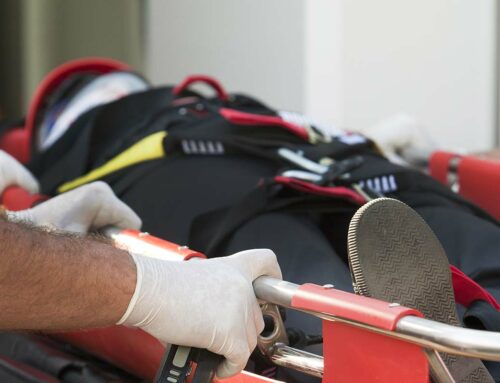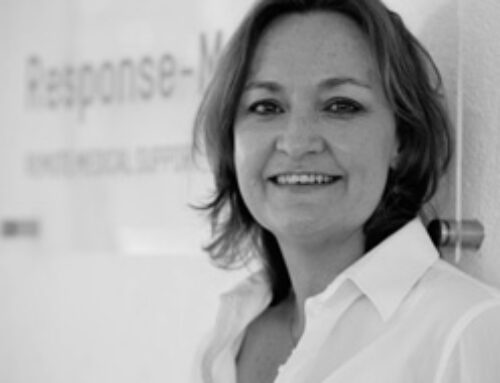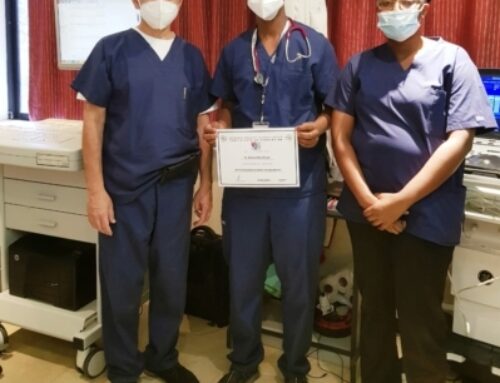Response-Med’s Dr Bea Andersen-Schipper had the privilege of being a panelist at the ISOA Middle East Conference on the 19th of January 2022.
ISOA (International Stability Operations Association) has a membership that includes all key players in peacekeeping, military services, humanitarian aid and development support, disaster response and reconstruction. These members come together under the auspices of the ISOA to work together to find solutions that bring stability to the most conflicted parts of the world and provide opportunities to better the lives and livelihoods of those affected.
As a leader in remote medical response solutions, Response-Med was invited to sit on the panel of session called “Pandemics and Healthcare of the Future” which was moderated by Scott Giberson of AMI.
Amongst the very lively discussion, Dr Andersen-Schipper specifically addressed the following areas:
a) Communications support initiatives to support COVID-19 awareness and overcome vaccine hesitancy
Response-Med worked across multiple African regions to deliver the message, using our in-depth local knowledge and contacts to first understand general perceptions and issues in remote communities. From these ‘boots on the ground’ sources, we discovered that not enough information was available in local vernacular, that rumours such as the one that the Sputnik vaccine increased libido and that not all industries were considered equal in terms of being able to receive the vaccine readily.
Based on this knowledge, Response-Med delivered in person “trainer of trainer” training packs that used animated AV’s in local languages, to enable medical professionals in region to overcome misinformation issues and provide credible, localised content to communities. These training tools enable multiple industry sectors (specifically agriculture, supply chain service providers and tourism) to sensitise their staff and their communities to create better outcomes in the face of the pandemic.
b) How the vaccine rollout impacted access to vaccines
According to the WHO, in December 2021, just 3% of the almost 8 billion doses given globally have been administered in Africa, and only around 8% of Africans are fully vaccinated, compared with more than 60% in many high-income countries.
The WHO has been helping Africa to improve roll-out based on reviews and to refine their vaccine programmes to increase rates of immunization throughout the region. The good news is that Africa is no stranger to mass vaccine roll-outs, and many are drawing on their experiences in Polio, Ebola and Measles immunisation drives and using existing infrastructure and logistics to optimise roll-out.
Limited funding has also been a considerable obstacle to poorer African countries and many of the challenges faced with reliable funding that includes training vaccinators and ensuring sufficient support staff, improving software for data capture and making sure that every country has enough freezers and that logistics elements are better managed.
Critically, planning is everything. There is a need to provide better strategic platform support that includes a strong digital element to effectively increase both access to vaccine and the desire to be vaccinated.
c) What will vaccine rollout look like a year from now?
Africa is definitely learning. With more public private partnerships rolling out and better dissemination of information, Response-Med believes that the COVID-19 vaccines will become increasingly more accessible in 2022 and that demand will also rise amongst both urban and rural populations.
More African countries are now using digital platforms to track and control vaccine roll-outs. This means that better monitoring is in place and that better logistics can be applied to ensure deeper reach across the population.
Response-Med were delighted to have participated in this industry leading conference and to share our learnings and insights from the pandemic. We are also grateful for the opportunity to learn more from other players on the panel as this allows us to keep our clients abreast of best practice from around the world and apply these to the services that we provide.





